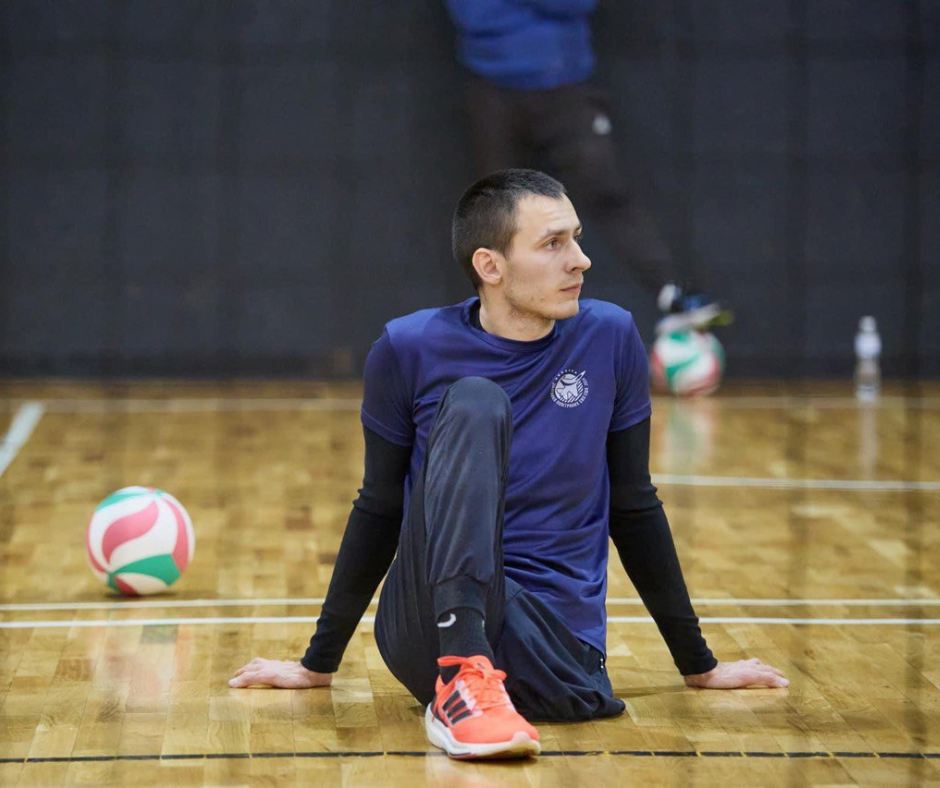DEMIAN DUDLIA has a delicate, poetic nature. He writes poetry and dreams of starting his own business. He finds happiness in simple, everyday things and in the presence of loved ones.
About self: I’m just an ordinary guy—neither too stubborn, nor too introverted. I can speak the same language with anyone, though the question is whether it’s worth finding it with everyone. I’m secretive. I don’t like it when people know too much about me. Maybe I’m afraid to let people in, so it won’t hurt later. I’m just very sensitive.
I write poetry and rap. Love inspired me to write poems, although now I perceive it differently. As a kid, I would listen to a lot of music and read, which, I guess, has left its mark. Poems are different from rap, they’re deeper. With rap, you don’t have to overthink it—the main thing is that it’s got a good flow.
For a poem to resonate, it needs to be non-cliché, without the usual “love-dove” stuff, or at least not about trivial topics. I’m all about truth in poems. But after the war, I’ve been struggling with creativity. I’m still writing songs, but they’re mostly the ones I started before the war. I need to finish them to get them off my chest, to free my soul.
Before the war and during the war: In 2014, when I finished school, people told me, “Go study for a firefighter so you don’t get taken to war.” So, I studied for four years at the institute and then worked as an inspector for a while. I didn’t like it. I fled to Poland and worked various odd jobs.
Later, a friend taught me how to make sushi, and I worked as a cook. I also baked pizzas.
There was a time when I worked in a call center. I lasted about a month and then quit because that job drained me emotionally.
When I was 25 and the full-scale war began, I joined the army voluntarily. Even though I had a military service exemption certificate and my father worked at the military commissariat. After his participation in the ATO, he got that job. I could have avoided going to war, but I knew I couldn’t just stay at home. There was probably a feeling of doing the right thing — going to war was the right thing to do. I’d have felt utter remorse if I hadn’t.
I am an AGS operator. On April 11, we entered the positions and repelled the attack. We got a message over the radio that aircraft were in action, and then something hit us immediately. I didn’t hear it whistling. Shrapnel tore up my leg. I felt a sharp pain, then I couldn’t feel my leg anymore — I could see it was there, but I couldn’t do anything with it. My partner, Petrovich, applied a tourniquet, and we waited 40 minutes for evacuation.
About accepting the injury and about love: I understood that I had lost my leg, but at first, under the influence of medication, I didn’t worry too much about it. There was no depression.
A few weeks passed, and then a difficult period began. I started to realize that I was without a leg. Phantom pains became a nuisance. It felt like someone was setting my heel on fire with a lighter, stabbing it with a knife, or it would itch. The wound didn’t hurt as much as the phantom pains did. Mirror therapy helped a little.
My wife was by my side, and she didn’t allow me to get trapped in my own thoughts because I can sometimes overthink things.
Right after I got wounded, I wondered if my wife would stay with me. But we love each other, and knowing that she wouldn’t leave me played a big role.
We hadn’t been together for long before getting married — we got married during the war, and by the time of my injury, we had only been husband and wife for six months. I feel like love doesn’t fade away, but over time it transforms into something else. The feelings become softer. And if some things can irritate you, it’s worth accepting them if you love the person. It makes life easier.
Now, I worry less about my appearance. It used to be important to me to look good. Now it doesn’t matter anymore. I also don’t care what people think of me.
On Motivation and Happiness: After the war, I lost the ability to do some things I used to do, like running. As a result, I want to try something new. Now, I’ve taken up swimming, and it compensates for my old hobbies.
In the institute, we would run hard every morning for four years. We’d load 20-kilogram tanks on our backs, the firefighting suit was heavy, and we had to drag the hose too. That’s how we ran. But I loved running. I also used to box.
Every morning, they would tell us: “Be grateful that you have a place to live, that you’re being fed…” Now, I find happiness in the ordinary things: being alive, having my wife, and a place to live, training in a great environment where I can unwind and meet lots of new people.
Translated by Green Forest English School

